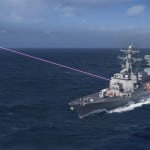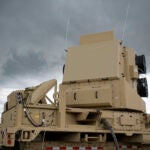
The Spaceport Company (TSC) on Tuesday said it has been awarded a contract by the Defense Innovation Unit (DIU) to conduct a prototype launch this year from a sea-based vessel that will test “autonomy-like features” of the mobile platform and demonstrate expanded equatorial launch capacity. The Phase 1 award was made in April and is for more than $2.5 million with launch of a “sounding rocket-sized vehicle” slated to occur before the end of 2024 in the Gulf of Mexico…

 By
By 











